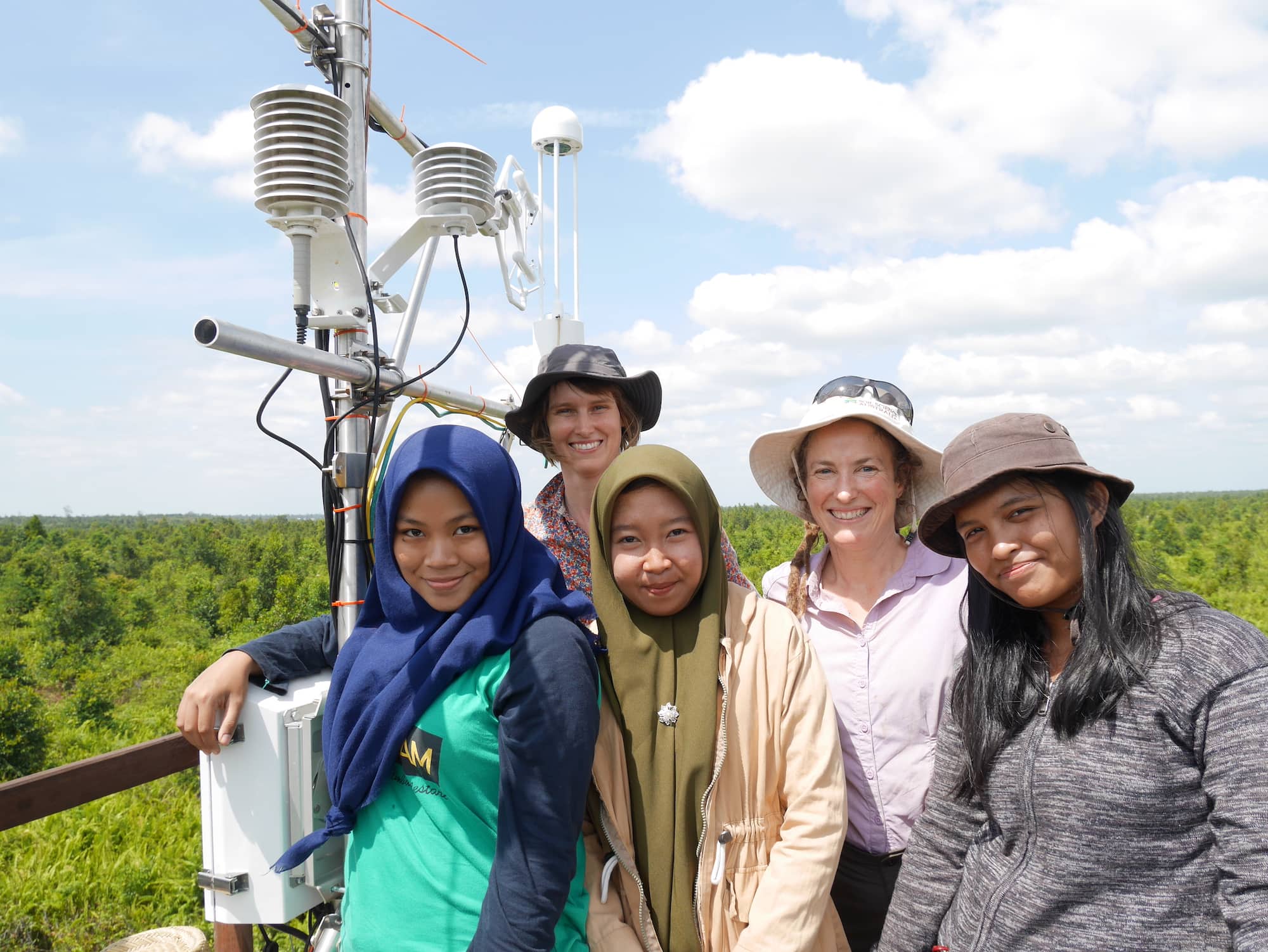This edition we highlight RMIT University’s Centre for Environmental Sustainability and Remediation (EnSuRe) and its research and work with industry to minimise the impact of land, water and air pollution.
The Centre for Environmental Sustainability and Remediation (EnSuRe) was founded in 2015 and currently has around 25 researchers including environmental scientists, social scientists and engineers.
They work collaboratively with industries and other research entities to understand and solve sustainability problems and, in particular, minimise the impact of land, water and air pollution, says EnSuRe’s Director, Professor Andy Ball.
“Our research helps explain environmental processes, the nature of urban pollution, methods of pollution degradation… and our findings are being used to inform and advise effective state and national government policy and practice.
We take a multi-disciplinary approach to conduct fundamental and applied research that delivers tangible benefits to society, industry, and government.”
Prof Andy Ball, RMIT University EnSuRe
EnSuRe’s research is undertaken in the four key areas: environmental research impact; terrestrial sciences; aquatic sciences; and analytical techniques.
Its research facilities include analytical equipment for testing a wide range of pollutants, metals and particulates and environmental testing facilities for water, soil, microbiology and more.
Monitoring an Indonesian peatland the size of Melbourne
True to the particularly pertinent maxim ‘global problems need global solutions’, EnSuRe’s research also includes environmental issues that impact the sustainability of communities overseas.
In one 2019 example of such international work, EnSuRe soil scientist and lecturer Dr Samantha Grover led an international project that installed automated environmental monitoring sensors in a 10,000 km2 patch of degraded Indonesian wetland.
Data from the sensors are being used by Indonesian and Australian researchers—and government land managers—to quantify the stocks and flows of greenhouse gases and ensure the success of efforts to restore the degraded peatland to tropical peat swamp forest.
“Indonesia’s tropical peatlands are a globally significant store of carbon, a locally critical water reservoir and some of the last remaining habitat for orangutans on the planet. Drainage and fires have devastated these landscapes and present a huge challenge to restoration.
As Indonesian and international efforts to restore degraded peatlands pick up speed, we are working to develop tools to monitor and evaluate peatland recovery.”
Dr Samantha Grover, RMIT University EnSuRe
The Australian Centre for International Agricultural Research will continue to fund this work in 2020-21, so that EnSuRE can work with the Borneo Orangutan Survival Foundation, the Universities of Palangka Raya, Western Australia and Charles Darwin University and CSIRO to explore how data from the sensors can be most usefully linked to community decision making and government fire prevention monitoring and policy.
Remediating contaminated groundwater
Professor Ball is an environmental microbiologist whose work has recently included studies on the removal of petrogenic hydrocarbons—hydrocarbon compounds associated with petroleum products or sources—in groundwater and the concentration of faecal bacteria in oysters.
He has also recently led a project that, in partnership with Singapore Polytechnic, utilised naturally occurring microorganisms to break down and remove hazardous pollutants from groundwater—a process called bioremediation.
“Groundwater contamination usually occurs as a result of surface pollution as is the case when there is a leakage or a spill incident leading to the release of industrial chemicals.
Bioremediation can be implemented with minimal cost and impact to the environment yet can result in the efficient removal of the contaminant from the groundwater.”
Prof Andy Ball, RMIT University EnSuRe
This project was among the first in the world to report the successful large-scale bioremediation of contaminated groundwater. The team was able to treat around 18,000 litres of contaminated water per treatment session. It was awarded the Biotechnology Award at the 2017 Institute of Chemical Engineers Singapore Awards.
Monitoring to better understand risks to biodiversity
In EnSuRe’s aquatic sciences research area, Dr Nathan Bott is working with other research institutions and state government agencies to better understand the risk marine pest species pose to Victoria’s Gippsland Lakes—a Ramsar listed network of lakes, marshes and lagoons.
“We’re working to quantify the potential impact that invasive marine species may have on the lakes’ endemic biodiversity and fisheries and social amenity.
The first step in achieving this is the development of a detailed understanding of the pest species’ ecology. Knowing this will help us formulate options for ongoing monitoring, management and control.”
Dr Nathan Bott, RMIT University EnSuRe
Dr Bott and his colleagues are using a combination of molecular techniques and traditional monitoring methods to survey the Gippsland Lakes for marine pests.
The results of this research are to be presented to collaborators and local community groups, including the Gippsland Lakes Coordinating Committee, in late 2020.
We love it when the locals stop by to say hi 👋 This playful pod of Burrunan Dolphins were spotted in the Gippsland Lakes waterways. 📸 via IG/metungmarinestorage pic.twitter.com/HBtux71M18
— Melbourne, Australia (@Melbourne) June 4, 2020







